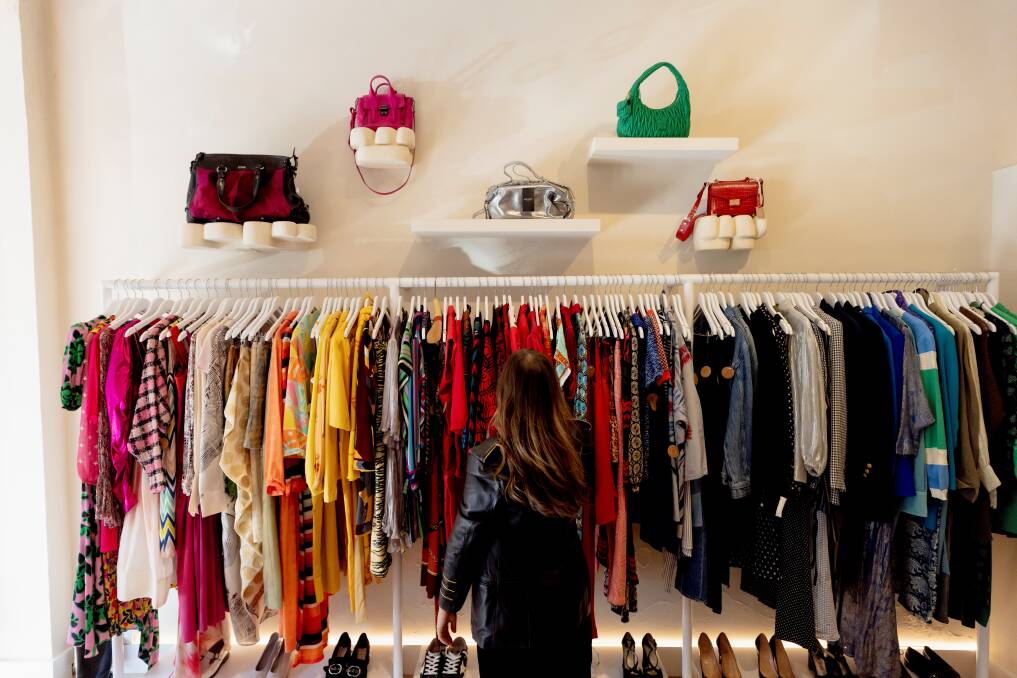Has op shopping become too expensive?
When Leisa Mackay’s grandfather died, she didn’t care about an inheritance, she just wanted his cardigan and slippers.
“I suppose I have a sentimental attachment to clothing and the story it tells,” she said.
“Preloved clothes have character, they have history, there’s a story behind them you just don’t get when buying at the department stores.”
She isn’t the only one who feels this way with research showing more and more people turning their backs on the mass-produced garments of the fast fashion industry.
Research commissioned by eBay Australia estimates that the collective value of Australian wardrobes is $76 billion with one-third of Australians reporting half their wardrobe consisted of preloved fashion and accessories.
And that number is expected to grow with nearly half of Australians (45 per cent) saying they had increased their purchases of preloved fashion in the past two years.

Generation Z stood out as the most likely to shop for preloved luxury fashion as an investment (23 per cent), with millennials (15 per cent) and baby boomers (5 per cent).
The data shows that saving money, finding unique items that enabled self expression, and supporting the circular economy were the key reasons that preloved fashion resonated with consumers.
Azura Runway, a seller of preloved luxury items, was founded in 2019 after it was discovered labels Burberry, Nike and Louis Vuitton were destroying excess stock.
“So we created Azura Runway as a way for brands to sell their off-season and past-season products into new markets without having to heavily discount them,” Azura Runway founder Sam Wood said.
“For example, an XXL Dolce and Gabbana suit may not sell very well in Italy or Europe but it will sell very well in the US or Australia.”
Azura Runway sells in 55 markets and operates in 17 countries worldwide.
“We are finding that more and more people are getting involved in preloved,” Mr Wood said.
“The preloved market is growing at 16 times, year on year, whereas the overall fashion industry has been very flat, so it is definitely a growing market with more and more people coming into it.
“We are also seeing a new emergence of millennials coming into the market where they are trying to shop sustainably but also bargain hunt.
“With all the media talking about fast fashion and how bad it is for the environment, a lot more people are becoming conscious of it and are getting involved in buying pre loved rather than new,” Mr Wood said.

Layton is a journalist at The Border Mail. He is interested in profiles, features, and hard news. If you have a story please reach out to him at [email protected]
Layton is a journalist at The Border Mail. He is interested in profiles, features, and hard news. If you have a story please reach out to him at [email protected]
